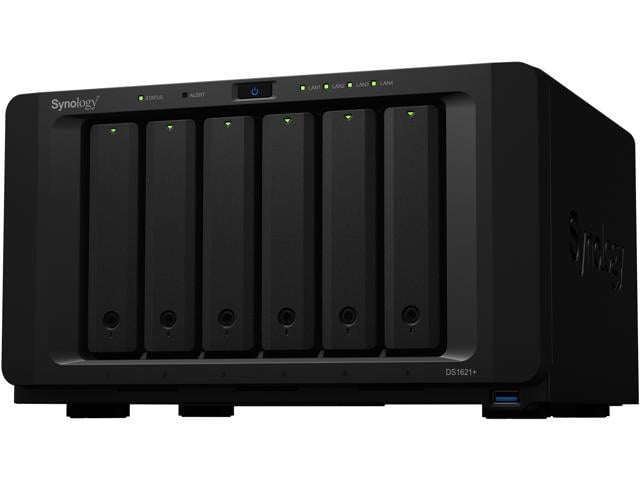TheNamelessPoet
Member
If this is in the wrong spot, by all means move it 
So, I have usually backed up my photo's and documents locally on a second hard drive. I used FreeNAS for a while, but when the "OS" HD died I couldn't access anything and it made me a bit nervous. I do not want to use an offsite storage company like the cloud for my personal stuff, I prefer to setup my own local cloud storage. I am concerned about backing up however.
What would be the best program to use to backup my important stuff, and how do I make it redundant. My goal is a very small server rack at some point so that I can have my security camera's hook into some kind of DVR type system, and have it accessible internally.
I also want to learn about virtual machines (because why not) and have a centralized hub for my entire house. I have lots of LED stuff that goes with xLights and I just overall want to tidy things up. I already have wired my house with CAT 6 cables so I might as well use it.
Lastly (and this may need to go into networking after this) I want to set up a VPN for myself to get into my home network instead of using Google Remote Viewer or something like it.
Anyway, is RAID the way to go, and if so, what is the best way to go about it? I will have lots of follow-up questions I am sure lol I went to school 20 years ago for networking and PC building itself and have a basic understanding how things work/connect but a LOT has changed and it has been a LOOOONG time so I don't even really know where to start. I would like to do this 1x and not have to tear it down again in 12 months (or less) and start over.
A slight look into my home setup is,
2 laptops,
2 Phones,
2 PC's connected directly via ethernet to a switch in my closet that is connected to my router.
1 Printer connected via ethernet
ATM 4 wireless pixel controllers I can control from my PC's (soon to be probably 3+ more by the end of the year)
So, I have usually backed up my photo's and documents locally on a second hard drive. I used FreeNAS for a while, but when the "OS" HD died I couldn't access anything and it made me a bit nervous. I do not want to use an offsite storage company like the cloud for my personal stuff, I prefer to setup my own local cloud storage. I am concerned about backing up however.
What would be the best program to use to backup my important stuff, and how do I make it redundant. My goal is a very small server rack at some point so that I can have my security camera's hook into some kind of DVR type system, and have it accessible internally.
I also want to learn about virtual machines (because why not) and have a centralized hub for my entire house. I have lots of LED stuff that goes with xLights and I just overall want to tidy things up. I already have wired my house with CAT 6 cables so I might as well use it.
Lastly (and this may need to go into networking after this) I want to set up a VPN for myself to get into my home network instead of using Google Remote Viewer or something like it.
Anyway, is RAID the way to go, and if so, what is the best way to go about it? I will have lots of follow-up questions I am sure lol I went to school 20 years ago for networking and PC building itself and have a basic understanding how things work/connect but a LOT has changed and it has been a LOOOONG time so I don't even really know where to start. I would like to do this 1x and not have to tear it down again in 12 months (or less) and start over.
A slight look into my home setup is,
2 laptops,
2 Phones,
2 PC's connected directly via ethernet to a switch in my closet that is connected to my router.
1 Printer connected via ethernet
ATM 4 wireless pixel controllers I can control from my PC's (soon to be probably 3+ more by the end of the year)

